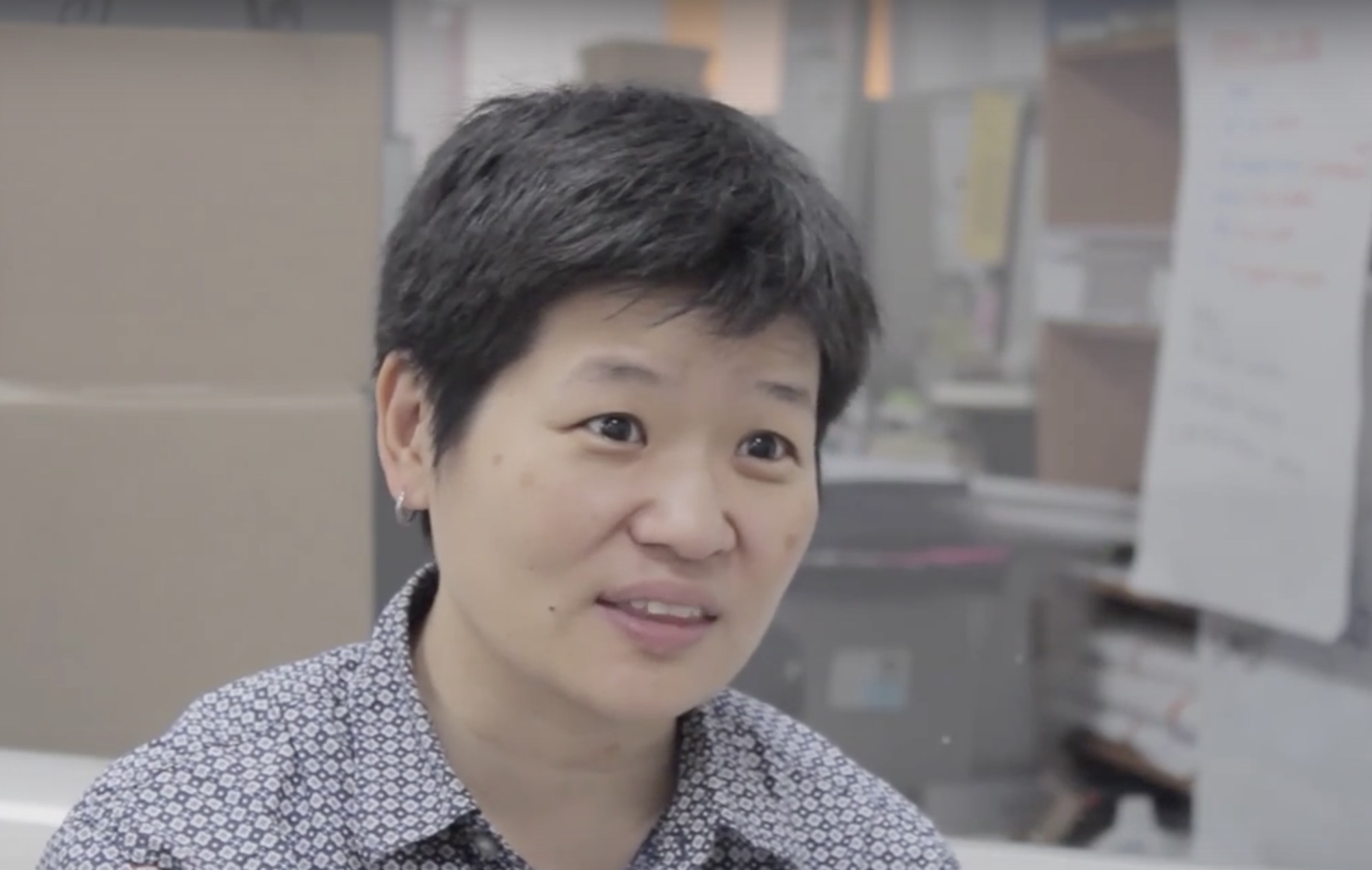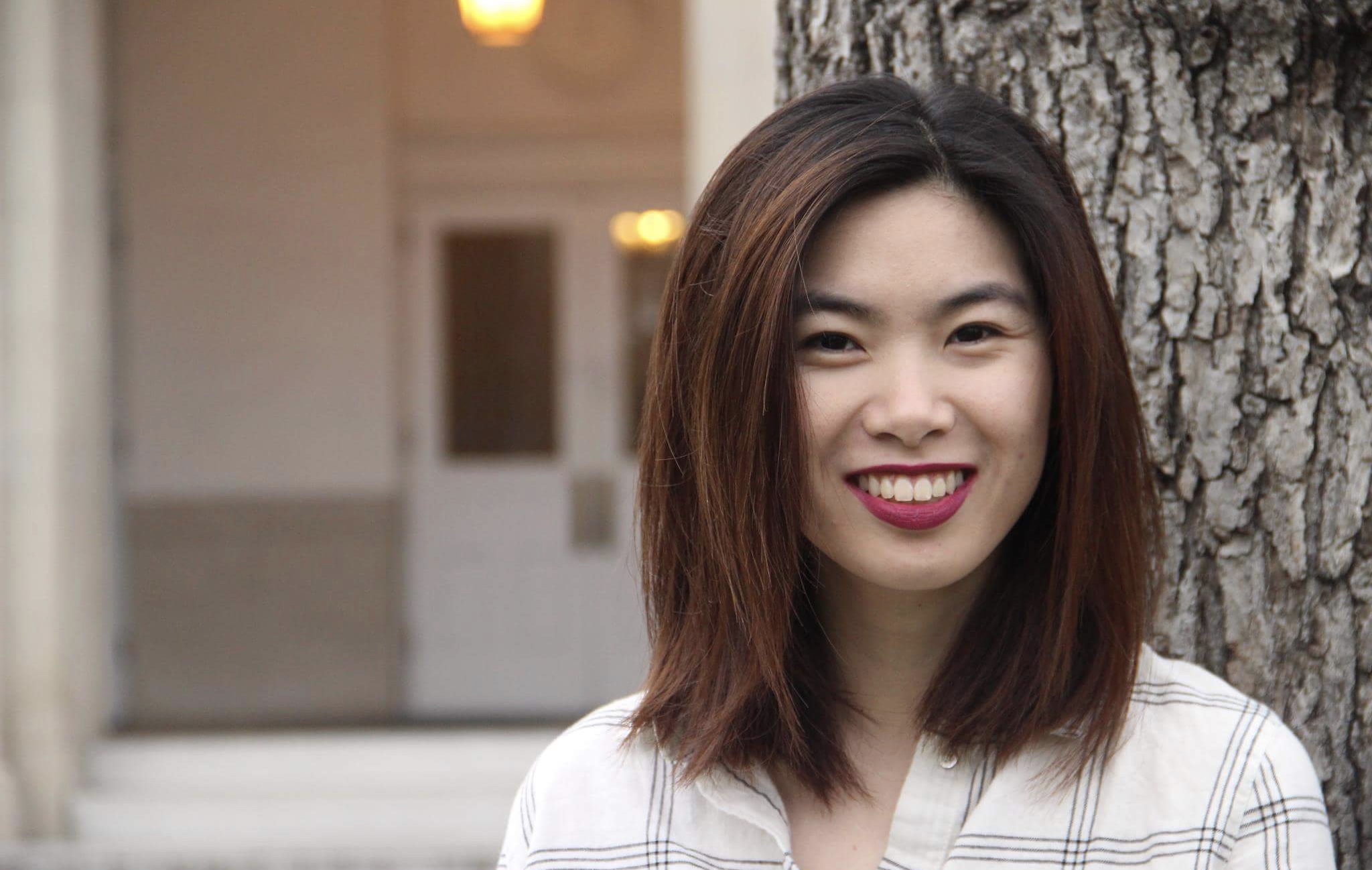
Hertz Alegrio
Acceptance, however much it is needed, is often most feared by those who possess qualities deemed “unacceptable” by society. I thought my only option was trying to hide those unfit qualities from the world and myself so I could feel accepted in a culture that rewards conformity. I learned quickly as a child that being an effeminate and gay boy was unacceptable, so I hid behind a straight masculine façade.
I don’t ever remember my family uttering the English word gay, but I do remember them using a derogatory Cebuano term for homosexual men. As I watched old family movies one night, shameful images rapidly and forcefully confronted me on screen: a small three year old Filipino boy enthusiastically imitating his older sister’s ballet positions, a boy flamboyantly walking in a Davao City park, a boy blissfully unaware of who he is.
As we watched these awkward memories, my family jokingly remarked, “You were so bayot back then! You’re so different now!” But as they laughed and reminisced on the couch, I sat listlessly knowing different. I stared straight into the television screen not watching a single image. The word bayot echoed through my mind.
As a child, I knew I was different from other boys, but I didn’t care. When school started, my care-free spirit died. Though I didn’t care how I behaved, others apparently did. Boys teased with names like wuss, weirdo, and in one strange instance, “Spice Girl,” all while they formed a mob to chase me.
My effeminacy was not unnoticed by my father, who took an immediate disliking to my nature. He’d try to no avail to coerce me into masculine activities: teaching me to box, trying to get me to play basketball, making me watch sports. Oh how I hated sports. His persistent attempts at keeping me from being bayot were nothing more than a nuisance. But one evening, his determination reached a critically dangerous high.
I can’t recall what triggered it—maybe he was drunk—but all I remember is he went berserk that night, “DO YOU WANT TO BE BAYOT? DO YOU WANT PEOPLE TO THINK YOU’RE GAY?! IF YOU WANT TO ACT LIKE A GIRL, YOU’LL BE ONE!” He threw my sister’s skirts at me, and when I refused to wear it, his belt whipped out of the loops of his pants and cracked in the air. I was about to be punished –CRACK—as his mouth spewed relentless rants, —CRACK—slurs —CRACK—and obscenities. When he grew tired, I crawled crying into my room while clutching a toy car. He made me ashamed of myself. On that night I promised I’d never let this happen to me again.
So I observed other boys and tried mimicking their actions, just as I had years earlier my sister’s ballet steps. It was hard trying not to let any flamboyant gestures slip through, but as time passed the mannerisms disappeared. I started conforming to what society thought I should be. I learned how to walk, speak, and ultimately be a “normal” boy. I even believed I would soon start liking girls.
Years wore on, and I was finally what I thought was normal. But as quickly as I embraced normalcy, another obstacle soon came into play: puberty. I was no longer effeminate, but while in middle school I learned another aspect of being “gay”—the sexual attraction. I couldn’t understand these new feelings and couldn’t understand why all the work to stop being “gay” was crumbling. I remembered the memories of my father’s punishment, and fervently denied my own sexuality.
I was convinced that I was going through a phase. By the time I reached high school, I thought this “phase” would be over. However, the strange new feelings only intensified. And people started noticing something different about me. And for a young teen boy, that’s cause for worry.
While waiting for our mom after school one day, my older sister suddenly asked, “Did you know John is gay? And Jack, too!”
“Well, isn’t it obvious?” I slyly remarked.
Then she bluntly asked, “Are you gay?”
Those three words froze me. I hesitated, then asked defensively, “Why would I be?!” She spoke calmly, either not realizing my harsh tone or secretly knowing the truth, “You don’t seem gay. But you don’t have a girlfriend. And you never talk about girls. I don’t care if you are. You’re still my little brother. I’ll always love you.”
I tried hiding my frightened voice, quickly saving myself from my fear and her acceptance, “Just because I don’t have a girlfriend doesn’t mean I’m gay. You’re so stupid.” The afternoon wait grew silent.
From time to time my sister would ask the same question, and I’d always try to convince her (and myself) I was straight. But I knew that was a lie, and I knew one day I had to face the truth. After years of denying who I was, the door of my closet began to open. What unlocked that door? I fell for a straight friend. Soon depression and frustration came crashing into my life, and I was too scared to tell anyone why. The bottled emotions overwhelmed me so I turned to two close friends, crying while I gave them my impromptu coming-out speech. After all the tears, they told me with reassurance, “We don’t give a fuck. We still love you.” I wiped the streaks off my cheeks and smiled.
When I finally came out to my sister, she cried with joy and gloated, “I KNEW IT! Now I can talk to you about guys!” I’m still trying to figure out the right time to tell my parents. Though they already know, the inevitable discussion on my sexuality is an uncomfortable thought.
I’m now pretty open about who I am, but without all the pain of my past denial, I would have never known an incredible lesson in acceptance. Learning to accept oneself is more important than seeking the approval of others.
Categories: LGBTQ


